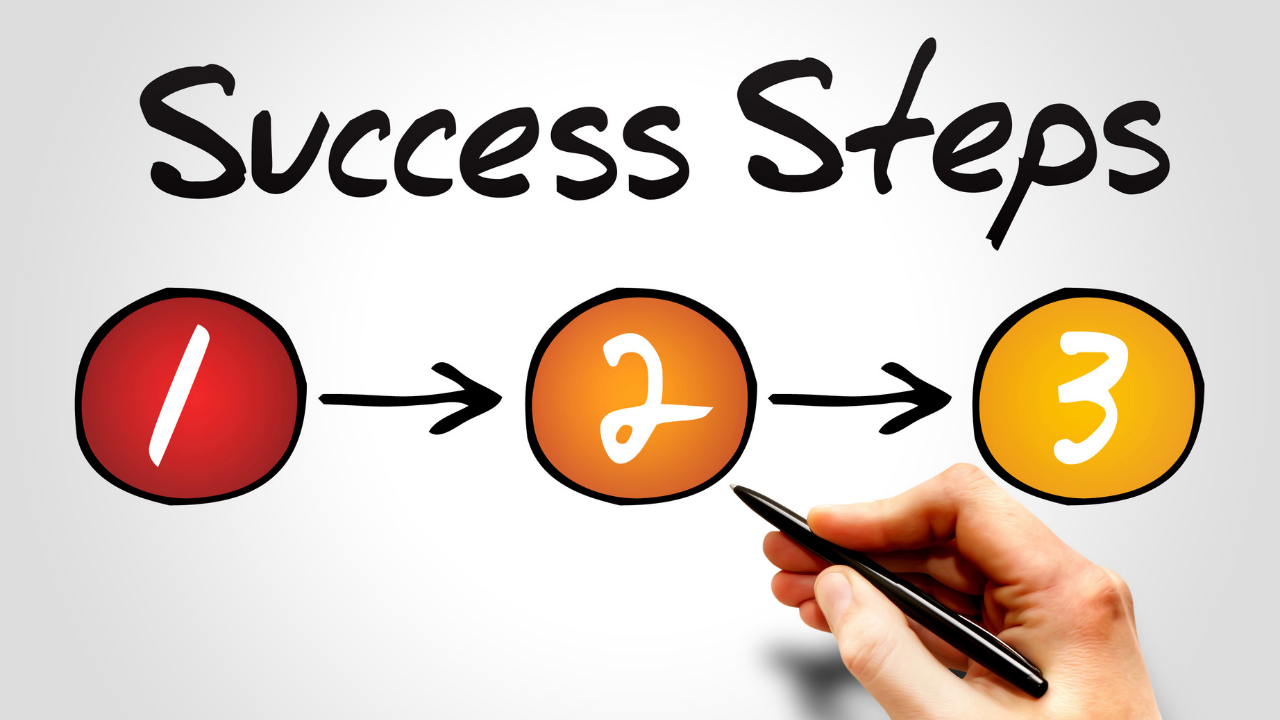Steven Pressfield had a great short video the other day in response to the many questions he had received about how to write a book.
Stay with me here, as this is related to lifting more weight.
His answer was profound and simple instead of going off on some crazy technique or a 3-hour AM routine to prime the super-secret location of creative neurons in his brain.
He replied (paraphrasing here):
“…the key is to get your butt in this seat for 2-3 hours, in my case per day, every day. Stare at the screen and press buttons on the keyboard for a set time. Do not worry about how much you wrote or the quality to start. Do this every day, and you will have a book.”
In my Flex Diet Mentorship group, we talk a ton about fitness and writing since they are similar, and one of the goals of that program is how to communicate concepts effectively.
This is similar to how you would learn to do any lift and get better at it.
For example, you want to improve your deadlift.
Guess what you need to do, Brosefus?
F-ing deadlift!
I don’t give two hoots even about what program you use as long it has you deadlifting.
Step 1: Show up
Newsflash – nobody can do that for you. You have to put the reps in over time—no way around it.
Yes, there will be some freaks that will have a much higher starting point than you. Rumor has it that the first deadlift Andy Bolton ever did was 600 lbs.
Eeek gads. Even Andy had to put in the reps over many years to eventually be one of the first humans to deadlift over 1,000 lbs.
Don’t worry about where someone else is or if they are making progress faster than you.
You do you.
Focus on what you can control. Step 1 is doing the specific work.
Show up.
Do the work.
Violent consistency.
Step 2: Quality of work
Once you have established the habit of showing up and doing the work, the next step is to look at the quality of the work.
Don’t put the cart in front of the horse –how old does that statement make me sound? Don’t put the charger in front of the Tesla?
The internet is full of weirdos trying to figure out the best technique, yet they have not done a single rep.
Why?
They are afraid their first reps will suck.
Guess what?
The first rep will suck.
Because it is the first rep!
When I did more in-person training, I would hear this from clients all the time.
Karen “I don’t want to do goblet squats because I am afraid they will not be the right technique.”
Me “Have you ever done them before?”
Karen “No”
Me “Ok, let’s start very light, work on technique, and yes, your first reps may not be pretty, but I guarantee they will get better.”
This applies to anything you want to improve.
Your client’s nutrition is floating trash bin fire comprised of nachos with fake cheese and take from the local fast food place with a diet coke since you are watching your calories?
Solution -Learn to cook some chicken breast.
Yes, you may cook the living crap out of said chicken breast to the consistency of shoe leather. Make a note to cook it a bit less next time.
Want to get better at kiteboarding – which I highly recommend – take a lesson to learn how to do it safely and then get more time on the water.
Practice for progress.
As you practice, work to get a bit better in the quality of the output over time.
Are your reps better one month later? Great, keep going.
Step 3: Quality over time
Now that you are 1) showing up and 2) improving the quality of the reps, the third step is to add some fatigue to the mix.
I am indeed a huge fan of complete rest. When you are new, take time to rest between sets to help ensure the quality of your lifting stays high.
This is the opposite of what the nut-bags at the local METCON from hell gym want to do. If you pop into any session there, they get an A for effort and a D for execution.
Don’t believe me?
Watch the first rep of burpees (the stupidest exercise ever) and the last rep.
The last rep looks like oscillations between a dead flopping fish from the end of a Faith No More video superimposed on a 99-year-old attempting to stand up.
When you add fatigue, the goal is to still make every rep look the same. Note- it will not feel the same. You will probably swear my name as your muscles feel like a vat of acids was dumped on them, and your nervous system somehow contracted Parkinson’s disease.
Why did Rich Froning dominate CF when he competed?
His reps were very consistent (this includes breathing patterns) under load and even under massive amounts of fatigue. This is also why it looked like he was going to lose every time, yet dominated the other competitors.
A catchphrase I stole is:
“Last rep, best rep!”
If your last rep looks the same as your first rep, even with massive fatigue onboard, you have that motor pattern down solid, Bro.
This applies to everything from doing a 2K on the Beelzebub Concept 2 rowing machine to KB swings for time to any lift.
Now you have three steps to be better at any lift (or skill) over time.
There are no shortcuts that will get you to the end in 6.5 days, but this 3-step process will accelerate your technique.
Go forth and dominate lifting!
Rock on!

Dr. Mike T Nelson

Dr. Mike T Nelson
PhD, MSME, CISSN, CSCS Carrick Institute Adjunct Professor Dr. Mike T. Nelson has spent 18 years of his life learning how the human body works, specifically focusing on how to properly condition it to burn fat and become stronger, more flexible, and healthier. He’s has a PhD in Exercise Physiology, a BA in Natural Science, and an MS in Biomechanics. He’s an adjunct professor and a member of the American College of Sports Medicine. He’s been called in to share his techniques with top government agencies. The techniques he’s developed and the results Mike gets for his clients have been featured in international magazines, in scientific publications, and on websites across the globe.
- PhD in Exercise Physiology
- BA in Natural Science
- MS in Biomechanics
- Adjunct Professor in Human
- Performance for Carrick Institute for Functional Neurology
- Adjunct Professor and Member of American College of Sports Medicine
- Instructor at Broadview University
- Professional Nutritional
- Member of the American Society for Nutrition
- Professional Sports Nutrition
- Member of the International Society for Sports Nutrition
- Professional NSCA Member










Leave A Comment